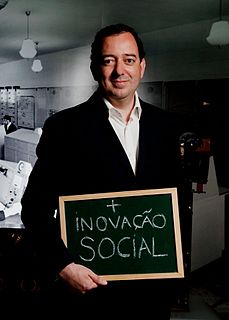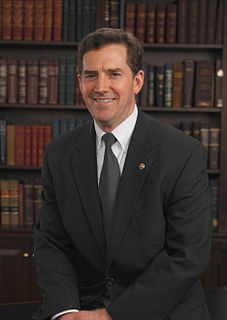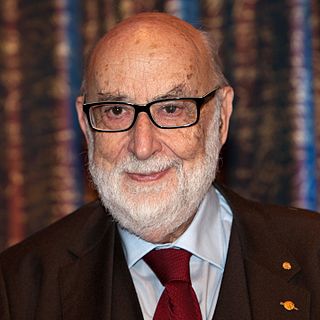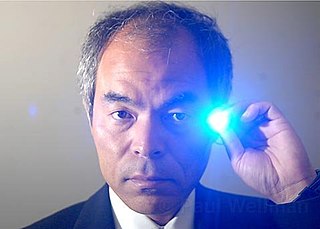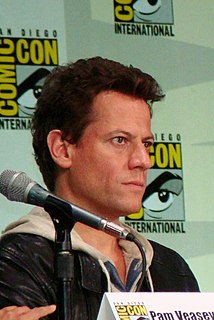Top 1200 Research And Innovation Quotes & Sayings - Page 4
Explore popular Research And Innovation quotes.
Last updated on November 15, 2024.
I cannot disagree with you that having something like 500 economists is extremely unhealthy. As you say, it is not conducive to independent, objective research. You and I know there has been censorship of the material published. Equally important, the location of the economists in the Federal Reserve has had a significant influence on the kind of research they do, biasing that research toward noncontroversial technical papers on method as opposed to substantive papers on policy and results
Research is fundamental; finding as much as you can and never giving up. I love the research. It is my "precise time". Not just for interviews but of footage, photographs never seen before. It is a painstaking process that satisfies me. The research never ends. I was still researching while I was promoting the Diana Vreeland book. I love reading books and going to original sources.
I've never like had a system or a program, I always think that I don't know how to act. I'll adapt to any director because I don't really have a set way that I do things. If a director hires me and says, "I want you to get started right now and do this research, this research, this research and I want you to have every line memorized before you ever show up for the first day," then that's what I'll do.
In the eighties and nineties, the innovation agenda was exclusively focused on enterprises. There was a time in which economic and social issues were seen as separate. Economy was producing wealth, society was spending. In the 21st century economy, this is not true anymore. Sectors like health, social services and education have a tendency to grow, in GDP percentage as well as in creating employment, whereas other industries are decreasing. In the long term, an innovation in social services or education will be as important as an innovation in the pharmaceutical or aerospatial industry.
When counting on learning from innovation, there are great successes but also failures. The Wright Brothers invented the aircraft and started an amazing process of innovation, where we now have planes that carry 500 passengers. Along the way there were some silly looking vehicles that crashed early on.
Our Government understands that local, community organizations are essential in addressing social issues like economic development, poverty, education and integration in Canadian communities. The Community and College Social Innovation Fund will connect the innovative talent of researchers and students at colleges and polytechnics to meet the research needs of local community organizations to build stronger, safer, healthier communities.
We're just trying to end illegitimate government support for a single technology, which is un-American. We should be leading the world in the next generation of technological innovation. But we can't unleash private capital because of what the government is doing to stifle innovation and to choke competition.
The personal computer was a disruptive innovation relative to the mainframe because it enabled even a poor fool like me to have a computer and use it, and it was enabled by the development of the micro processor. The micro processor made it so simple to design and build a computer that IB could throw in together in a garage. And so, you have that simplifying technology as a part of every disruptive innovation. It then becomes an innovation when the technology is embedded in a different business model that can take the simplified solution to the market in a cost-effective way.
Setting an aggressive enough carbon-reduction goal will result in an appropriate price for carbon and will help many a renewable technology. Consumer education will help. Most importantly, though, will be the continually declining cost trajectory of the real breakthrough in clean-technology costs driven by research and innovation. In the end, private capital is the real barometer of change.
"Endow scientific research and we shall know the truth, when and where it is possible to ascertain it;" but the counterblast is at hand: "To endow research is merely to encourage the research for endowment; the true man of science will not be held back by poverty, and if science is of use to us, it will pay for itself." Such are but a few samples of the conflict of opinion which we find raging around us.







